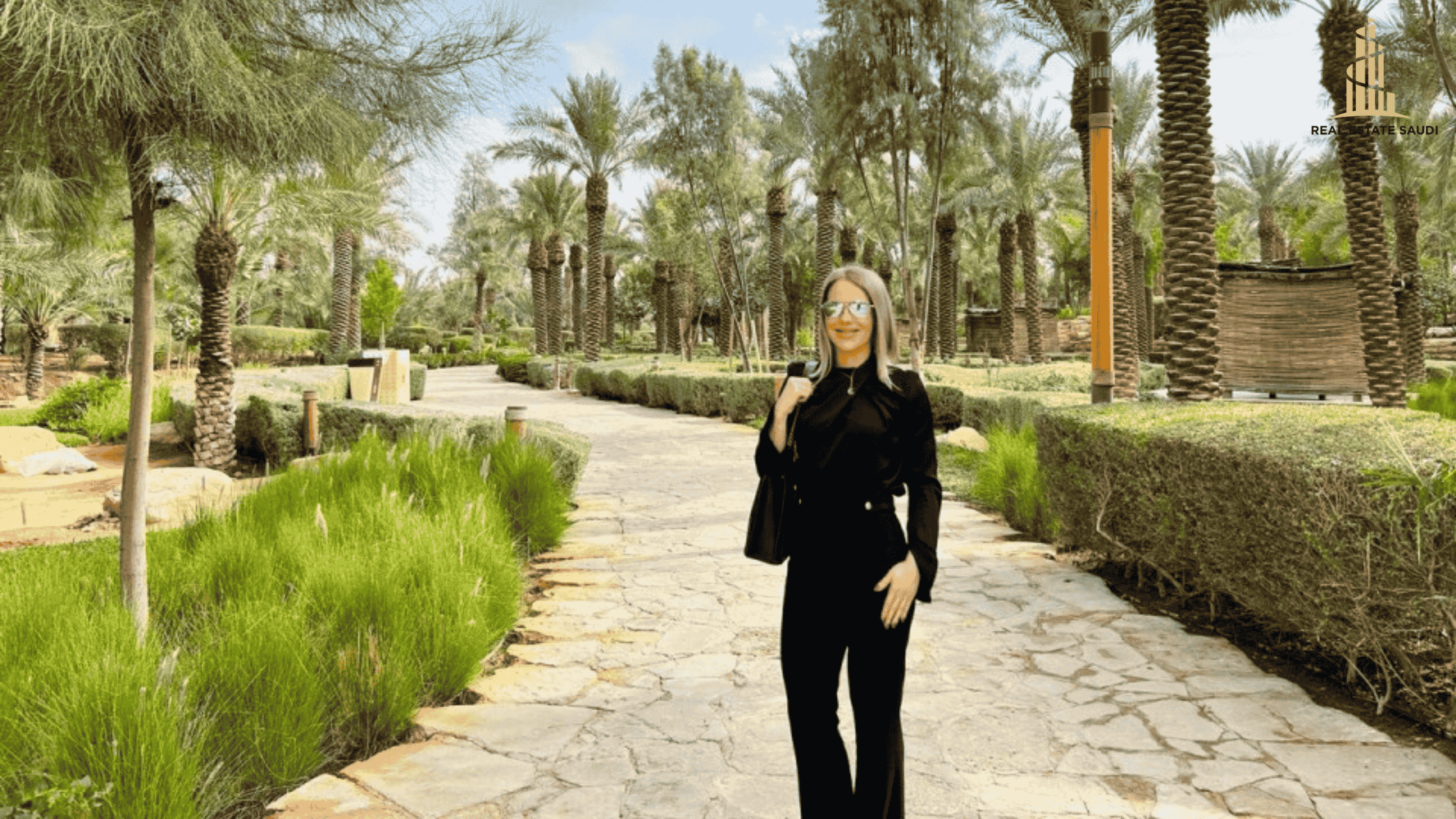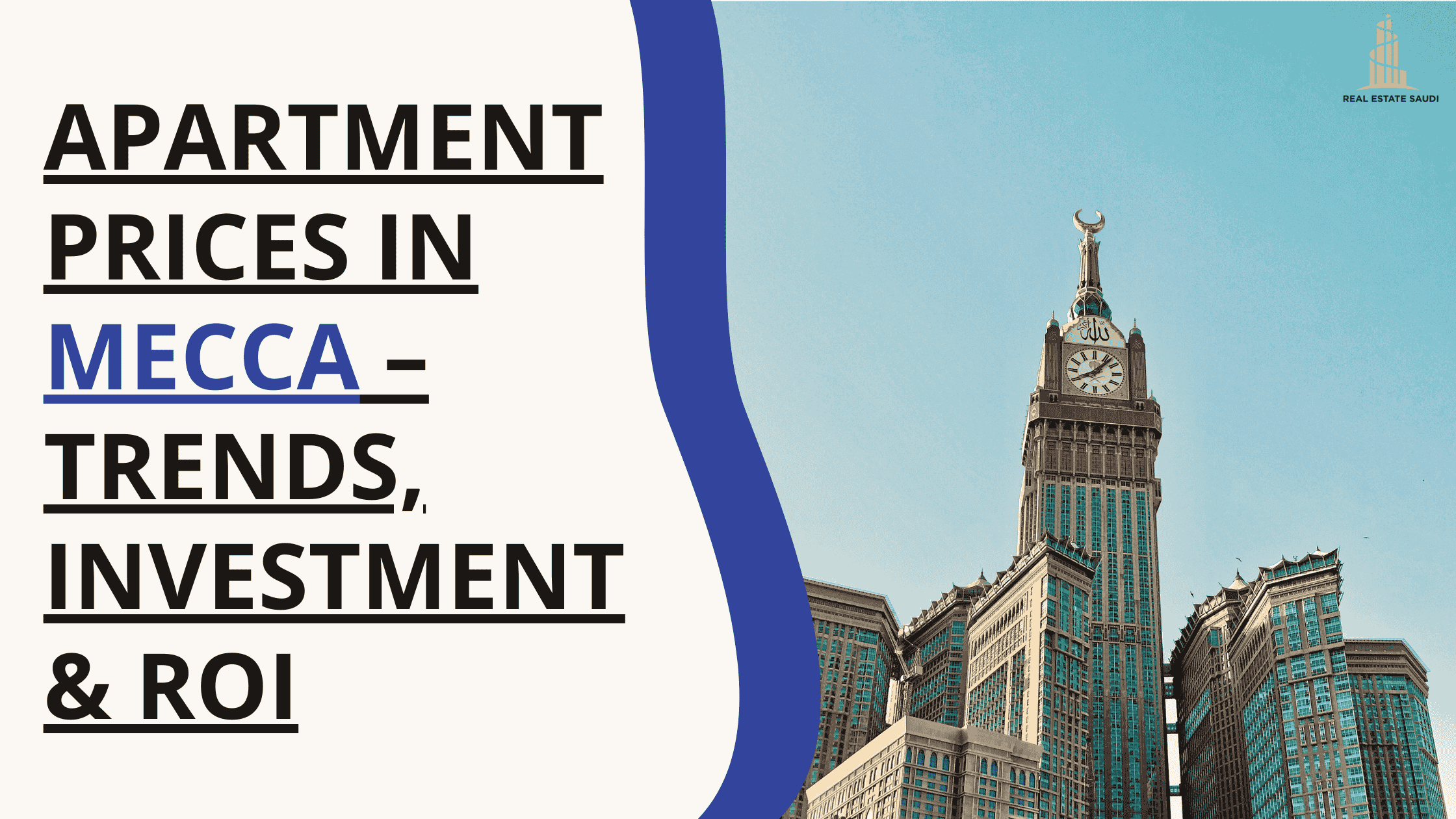Exploring Real Estate Investment Opportunities in Saudi Arabia
Saudi Arabia has rapidly become a key destination for expatriates seeking rewarding career paths and an elevated quality of life. A pivotal factor in its appeal is the Kingdom’s flourishing real estate market, spurred by the ambitious Vision 2030 reforms aimed at reducing economic reliance on oil. For many expatriates contemplating relocation to Saudi Arabia, a vital question arises: Can expats purchase property in the Kingdom? This article explores the possibilities, procedures, and advantages of property investment in Saudi Arabia, providing essential insights for prospective buyers.
Understanding Expat Property Ownership Laws
Historically, Saudi Arabia has imposed stringent regulations on foreign property ownership. However, recent reforms under Vision 2030 have eased these restrictions, making it more accessible for expatriates to invest in the local real estate market. Foreigners are now allowed to own property in specific designated areas, particularly in major cities like Riyadh, Jeddah, and the innovative NEOM project.
Designated Areas for Foreign Ownership
Foreign ownership is typically permitted in free zones and economic cities such as King Abdullah Economic City and NEOM. These zones are crafted to attract foreign investment, offering various incentives like streamlined ownership processes and financial benefits. As reported by the Saudi Real Estate Authority, these regions have experienced a notable uptick in foreign investments, significantly boosting the real estate sector.
Ownership Restrictions
While foreigners can acquire property in designated areas, certain regulations ensure alignment with national interests. Properties outside these zones may impose limitations on ownership percentages or usage rights. Additionally, non-GCC nationals must adhere to specific guidelines to secure property ownership legally. Compliance with these regulations is crucial for expatriates to avoid legal complications and maximize investment returns.
The Buying Process
Navigating the property market in Saudi Arabia necessitates an understanding of local legal and procedural frameworks. Here’s a streamlined overview to guide expatriates through the process:
- Research and Identify Properties: Start by identifying the type of property and location that aligns with your investment goals. Major cities like Riyadh and Jeddah offer diverse options, while emerging projects like NEOM present innovative investment opportunities.
- Engage a Local Real Estate Agent: Partnering with a reputable local real estate agent is essential. They provide insights, facilitate property viewings, and assist with the complexities of the Saudi property market. Agencies accredited by the Saudi Ministry of Housing ensure compliance with all regulations and offer professional guidance throughout the transaction.
- Verify Legal Requirements: Ensure all legal requirements are met, including obtaining necessary permits and confirming that the property is within a designated area where foreign ownership is allowed. Consulting with a legal advisor specializing in Saudi real estate law can help prevent potential pitfalls and ensure a smooth transaction.
- Financial Planning and Budgeting: Assess your financial capacity, considering the purchase price, registration fees, transfer fees, and additional costs like VAT. Understanding the total investment required is vital for effective budgeting. According to the Saudi General Authority of Zakat and Tax (GAZT), thorough financial planning can optimize investment returns and ensure sustainability.
- Complete the Transaction: After selecting a property, the transaction involves signing a sales agreement, transferring funds, and registering the property with the relevant Saudi authorities to secure ownership rights. Ensuring all paperwork is accurately completed is crucial for legal compliance and future property management.
Beyond the Purchase Price
Investing in property in Saudi Arabia encompasses more than the purchase price. Expatriates should consider several additional costs to facilitate a smooth transaction and ensure long-term investment success.
- Registration Fees: Foreigners purchasing property in designated areas face registration fees, typically between 2.5% to 5% of the property’s value. These fees are payable to the Ministry of Justice and are essential for legally recording ownership.
- Transfer Fees: Alongside registration fees, transfer fees may apply when property ownership changes hands. These fees, usually a percentage of the sale price, are negotiated between the buyer and seller during the transaction process.
- Value-Added Tax (VAT): Introduced at 5% in 2018 and increased to 15% in 2020, VAT is applicable to certain property-related transactions, including the sale of new properties and commercial real estate. Although VAT adds to upfront costs, the overall tax benefits can still make the investment attractive. GAZT notes that VAT revenue has significantly funded public projects, enhancing infrastructure and services benefiting property owners.
- Ongoing Costs: While annual property taxes are absent, owners should factor in maintenance costs, utilities, and potential homeowner association fees based on property type and location. These ongoing expenses are critical for maintaining property value and ensuring a comfortable living environment.
Prime Investment Locations
Saudi Arabia boasts a range of investment opportunities across various cities and sectors. Recognizing where to invest is crucial for maximizing returns.
- Riyadh: As the capital, Riyadh has a robust real estate market featuring residential, commercial, and luxury properties. Ongoing infrastructure projects and economic diversification efforts make it a prime location for long-term investments. Recent developments in the Riyadh Metro have enhanced property accessibility and appeal.
- Jeddah: Renowned for its vibrant culture and strategic port location, Jeddah presents attractive opportunities in residential and commercial real estate. Its coastal setting boosts its appeal, granting investors access to high-demand properties. The Red Sea Project, a luxury tourism initiative, is poised to significantly elevate Jeddah’s real estate market.
- NEOM: NEOM represents a groundbreaking megacity project envisioned under Vision 2030, aiming to create a futuristic urban hub powered by renewable energy and advanced technology. Investing in NEOM offers a unique chance to participate in one of the world’s most ambitious real estate projects, featuring significant growth potential and innovative living solutions.
Financing Your Property Purchase
Securing financing for property purchases in Saudi Arabia involves understanding available options and navigating the local banking landscape.
Saudi banks provide mortgage products tailored to expatriates, featuring competitive interest rates and flexible terms. British buyers should consult local financial institutions to explore mortgage options that suit their financial profiles. According to the Saudi Banking Federation, mortgage rates in Saudi Arabia typically range from 3% to 5%, making property financing more affordable.
British citizens may also explore financing options from their home country, including international banks operating in Saudi Arabia. However, this approach necessitates careful consideration of exchange rates and cross-border financial regulations to avoid unexpected costs.
Tax Implications and Benefits
While Saudi Arabia is known for its tax-friendly environment, understanding the tax implications of property ownership is crucial for expatriates.
Saudi Arabia does not impose an annual property tax, enabling investors to retain a larger portion of their rental income and capital gains. This absence significantly boosts the profitability of real estate investments.
As mentioned earlier, VAT applies to specific property transactions, which British buyers should incorporate into their investment calculations. Nevertheless, the overall tax advantages continue to outweigh initial VAT costs, especially in high-growth regions.
For those investing through corporate entities, Zakat and corporate tax obligations must be considered. Zakat, set at 2.5% of zakatable assets, applies to businesses collaborating with Saudi nationals or GCC citizens. Corporate tax rates, at 20%—and up to 85% for the oil and gas sector—impact the net profitability of business-driven property investments.
Vision 2030: Transforming the Real Estate Landscape
Saudi Arabia’s Vision 2030 is a transformative initiative designed to diversify the economy, diminish oil dependency, and foster a vibrant business environment. This ambitious plan significantly impacts the real estate market, further enhancing the Kingdom’s appeal to expatriates and foreign investors.
Vision 2030 prioritizes developing sectors such as tourism, entertainment, technology, and renewable energy. This diversification fuels demand for various property types, including commercial spaces, residential units, and hospitality properties.
Massive infrastructure projects, such as the expansion of transport networks, the development of smart cities, and improvements in public amenities, are elevating property values and creating new investment hotspots. Initiatives like the Riyadh Metro and the expansion of King Abdullah Financial District are pivotal in enhancing the real estate landscape.
Efforts to streamline business regulations, improve transparency, and offer competitive tax rates have made Saudi Arabia an increasingly attractive destination for foreign investment. These measures support a stable and growth-oriented real estate market, providing fertile ground for property investments.
Comparative Analysis: Investing in Saudi Arabia vs. the UK
Investing in Saudi Arabia’s property market offers distinct advantages over the UK, making it an attractive option for British investors seeking diversification and higher returns.
The absence of annual property taxes in Saudi Arabia presents a significant financial advantage compared to the UK, where high tax rates can diminish investment returns. British investors can optimize their earnings and reinvest profits more effectively in Saudi Arabia.
Market Growth Potential
Saudi Arabia’s rapidly growing economy and ambitious Vision 2030 initiatives foster strong demand for real estate, ensuring consistent property value appreciation. Conversely, the UK property market, while stable, encounters challenges such as high entry costs and slower growth rates. The Saudi Real Estate Authority reports property values in key cities like Riyadh and Jeddah have surged by over 10% annually, presenting substantial growth opportunities for investors.
Investment Diversification
Diversifying investments internationally can mitigate risks associated with domestic market fluctuations. Saudi Arabia’s dynamic real estate market offers British investors a unique opportunity to diversify portfolios and tap into new growth sectors. The Kingdom’s focus on developing smart cities and luxury tourism further enhances its attractiveness as an investment destination.
Capitalizing on Saudi Arabia’s Real Estate Potential
Saudi Arabia’s evolving tax landscape and robust real estate market present a compelling case for British citizens considering property investment abroad. The absence of annual property taxes, combined with strategic corporate tax rates and comprehensive VAT regulations, creates a conducive environment for financial growth and stability. Vision 2030’s transformative initiatives further enhance the Kingdom’s appeal, offering numerous opportunities for investors to capitalize on the burgeoning real estate sector.
Engaging with local tax advisors and financial professionals is essential to
ensure compliance and optimize tax strategies. Leveraging available tax incentives in free zones and strategic sectors can enhance business profitability. Staying informed about changes in tax laws and regulations is crucial for adapting financial strategies accordingly. By diversifying investments, investors can take advantage of tax-free capital gains for personal investments while structuring corporate investments to benefit from favorable tax rates.
By strategically navigating Saudi Arabia’s tax landscape, British expatriates and investors can unlock significant financial benefits, contributing to long-term prosperity in one of the Middle East’s most dynamic economies.





